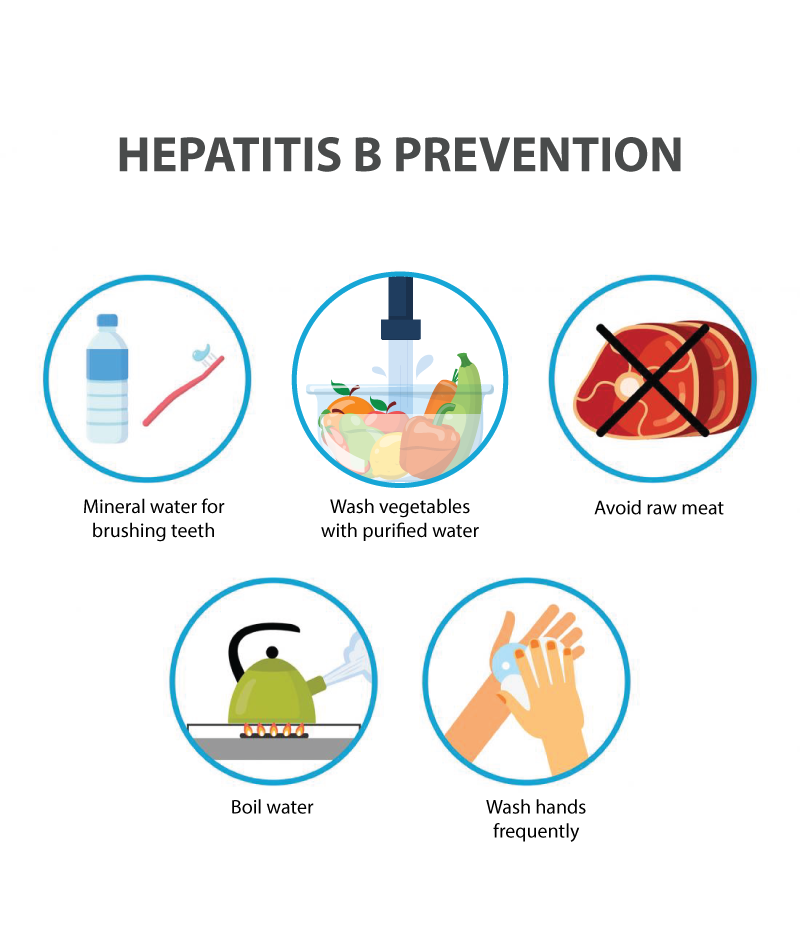Exploring Hepatitis B
What is Hepatitis B?
Hepatitis B is a viral infection that affects the liver. It is caused by the hepatitis B virus (HBV) and can lead to both acute and chronic liver disease. Hepatitis B is a significant global health concern, with millions of people infected worldwide.
Transmission of Hepatitis B
Hepatitis B is primarily spread through contact with the blood or bodily fluids of an infected person. This can occur through sexual contact, sharing needles or other drug paraphernalia, or from mother to child during childbirth. Hepatitis B can also be transmitted through contaminated medical equipment or procedures.
Symptoms of Hepatitis B
Acute Hepatitis B
Many people with acute hepatitis B do not experience any symptoms and may not realize they are infected. However, some individuals may develop symptoms such as fatigue, nausea, vomiting, abdominal pain, dark urine, and jaundice.
Chronic Hepatitis B
Chronic hepatitis B can lead to long-term liver damage, including cirrhosis (scarring of the liver) and liver cancer. Symptoms of chronic hepatitis B may not appear for years or decades after infection, making it essential for individuals at risk to undergo regular screening and monitoring.
Preventing Hepatitis B
Vaccination
Vaccination is the most effective way to prevent hepatitis B. The hepatitis B vaccine is safe and highly effective, providing long-lasting immunity against the virus. It is recommended for all infants, children, and adults, particularly those at higher risk of infection.
Safe Sex Practices
Practicing safe sex can help prevent the transmission of hepatitis B. Use condoms consistently and correctly, particularly with new or multiple sexual partners, to reduce the risk of infection.
Avoiding Sharing Needles
Avoid sharing needles, syringes, or other drug paraphernalia to prevent the spread of hepatitis B and other bloodborne infections. If you use drugs, seek help to quit or access clean needles from a harm reduction program.
Treating Hepatitis B
Antiviral Medications
Antiviral medications can help manage chronic hepatitis B by slowing the replication of the virus and reducing liver inflammation. These medications can help prevent or delay the progression of liver disease and reduce the risk of complications such as cirrhosis and liver cancer.
Regular Monitoring
Regular monitoring of liver function and HBV DNA levels is essential for individuals with chronic hepatitis B. This allows healthcare providers to assess the progression of the disease and adjust treatment as needed to maintain optimal liver health.
Hepatitis B is a serious viral infection that can lead to acute and chronic liver disease, including cirrhosis and liver cancer. However, with vaccination, safe sex practices, and access to appropriate medical care, hepatitis B can be prevented and managed effectively. By understanding the risks associated with hepatitis B and taking proactive measures to protect yourself and others, you can help reduce the burden of this disease.




